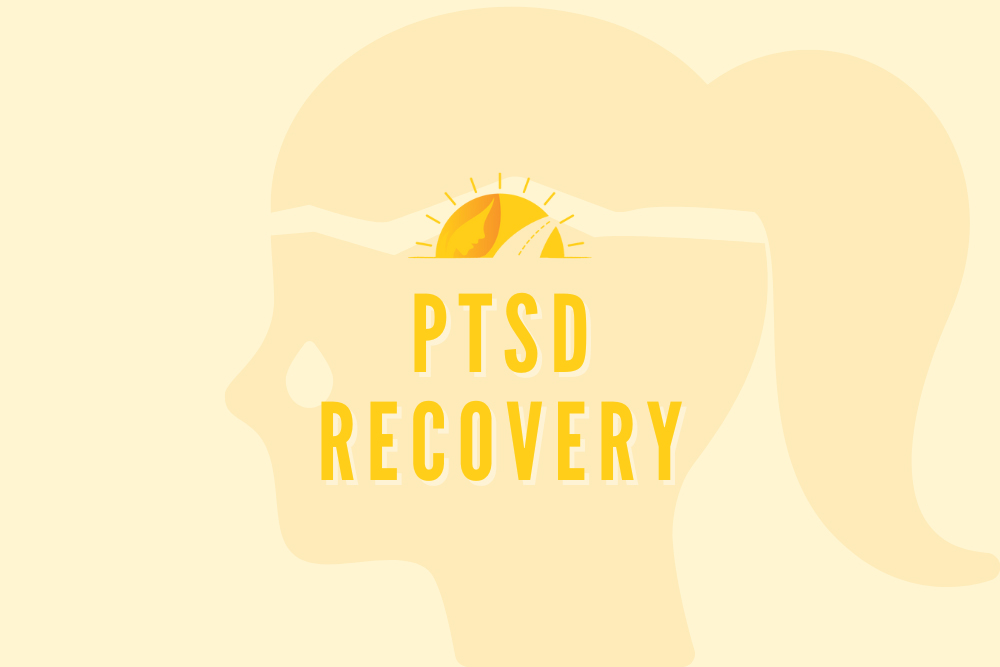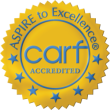After a terrifying or life-threatening experience, it’s normal to feel anxious and on edge. But if you can’t shake it off and move on, you might be suffering from post-traumatic stress disorder. PTSD can leave you with ongoing feelings of fear and unwanted, unpleasant memories. By making some changes in your life, you can move on from the trauma and finally feel safe again.
What Is PTSD?
PTSD is a diagnosable mental health disorder that can happen to anyone after a one-time or ongoing event that overwhelms you and leaves you feeling emotionally vulnerable. Since people process trauma differently, you might develop post-traumatic stress disorder symptoms shortly after the triggering event, or have a delayed onset.
PTSD changes the brain regions that are responsible for governing your memories, emotions and behavior. A hallmark of this disorder includes a consistent feeling of being tense and nervous, even when you’re in a comfortable, familiar place.
Post-traumatic stress disorder can affect people directly impacted by the traumatic occurrence, bystanders who merely witness it or even people called in to help in the aftermath, such as first responders. Whatever caused your PTSD, you can recover by seeking treatment and developing new coping skills.
How to Recover From Post-Traumatic Stress Disorder
When you have PTSD, your nervous system reacts as if you are constantly under threat, causing symptoms like a racing heart rate, sweating palms and muscle tension. Recovering from post-traumatic stress disorder involves returning your overactive nervous system to a baseline level so you can heal. Though this process takes time and patience, it’s possible to move forward with your life.
1. Work With a Therapist
Trauma-focused therapy is a proven way to constructively heal from PTSD by addressing its root causes. After asking questions to learn more about your experience, a therapist can recommend specific treatments for you, such as brainspotting or eye movement desensitization and reprocessing.
2. Ask for Help
Having meaningful connections with friends and family can positively impact your well-being. While your loved ones might not understand what you’re going through, they can provide a listening ear when you need it.
3. Stay Positive
If you’re working on PTSD recovery, it’s vital to avoid negativity. Today’s headlines can be an upsetting reminder of the hopelessness associated with your mental health challenges, and could even add to your trauma. While staying informed is valuable, please switch off the news and disable notifications on your phone if you start feeling stressed, anxious or panicky.
4. Schedule Self-Care
Making time for relaxation in your daily routine can be beneficial. Whether you choose to unwind by doing yoga, gardening, listening to music or taking a soothing bath is up to you. Ensure the relaxing activities you choose are healthy and good for your mental well-being, instead of things that could worsen your post-traumatic stress disorder symptoms.
5. Get Active in Your Community
Feeling a connection to something larger than yourself can also help in your PTSD recovery journey. Volunteering can foster friendships with like-minded people. You’ll also reap the psychological rewards that come with doing something generous and selfless – also known as the “helper’s high.”
Women’s Trauma Treatment in California
If unresolved trauma has caused you to turn to drugs and alcohol to find relief, help awaits you at Rising Roads. We offer a compassionate environment where women can heal from co-occurring addiction and mental illness. Our experienced therapists are qualified to treat grief, loss, trauma and other difficulties. To learn more about what we can do for you, contact our admissions office.





